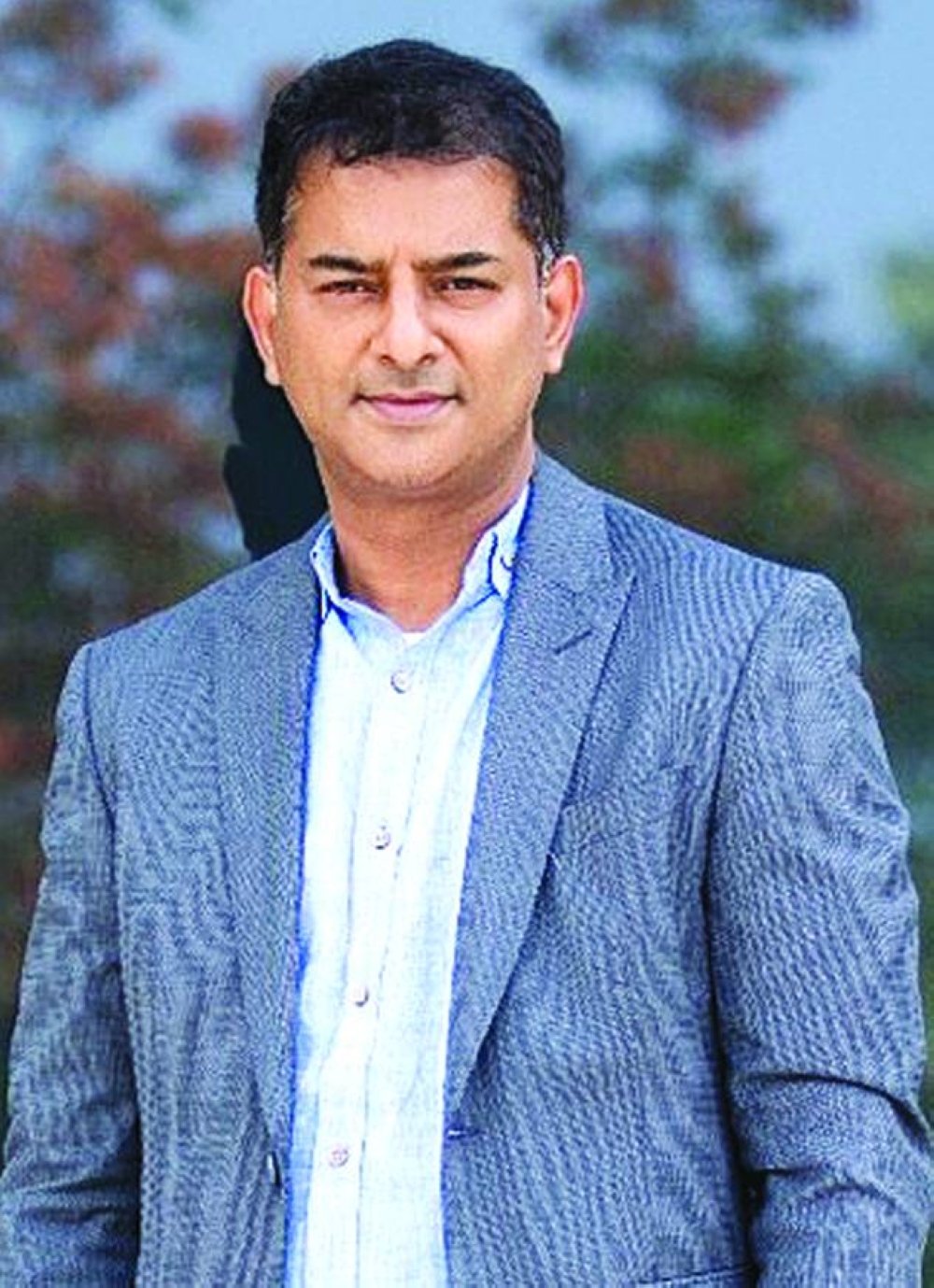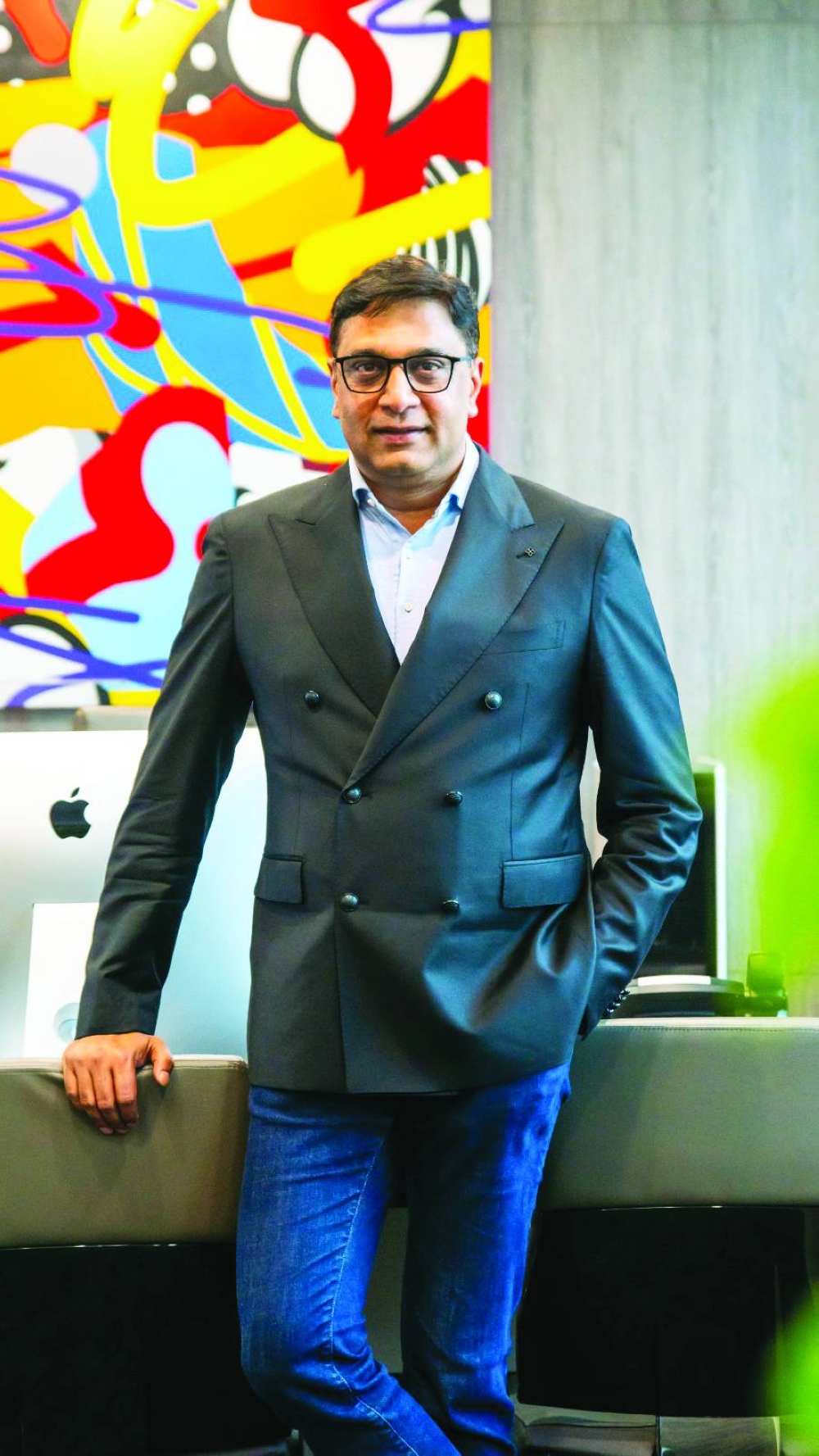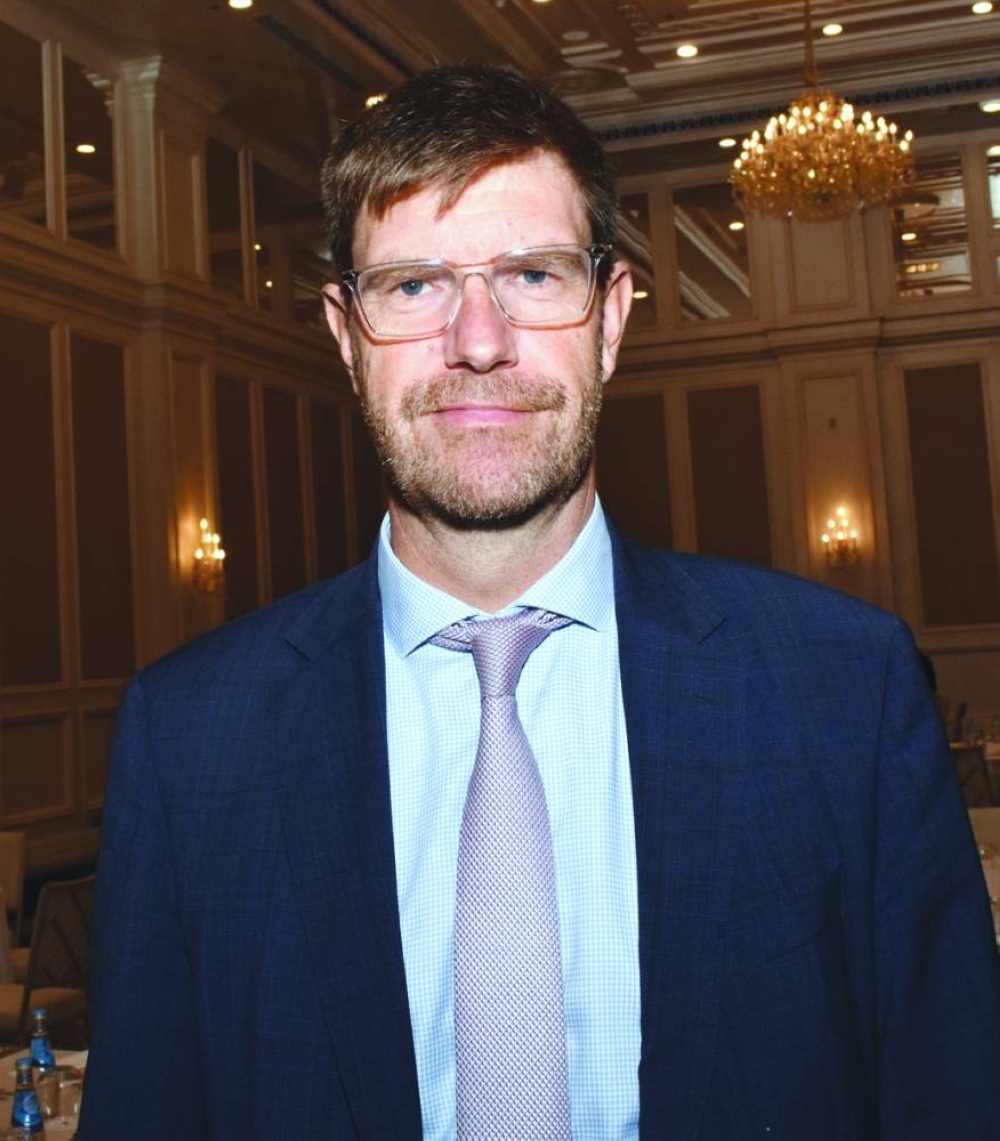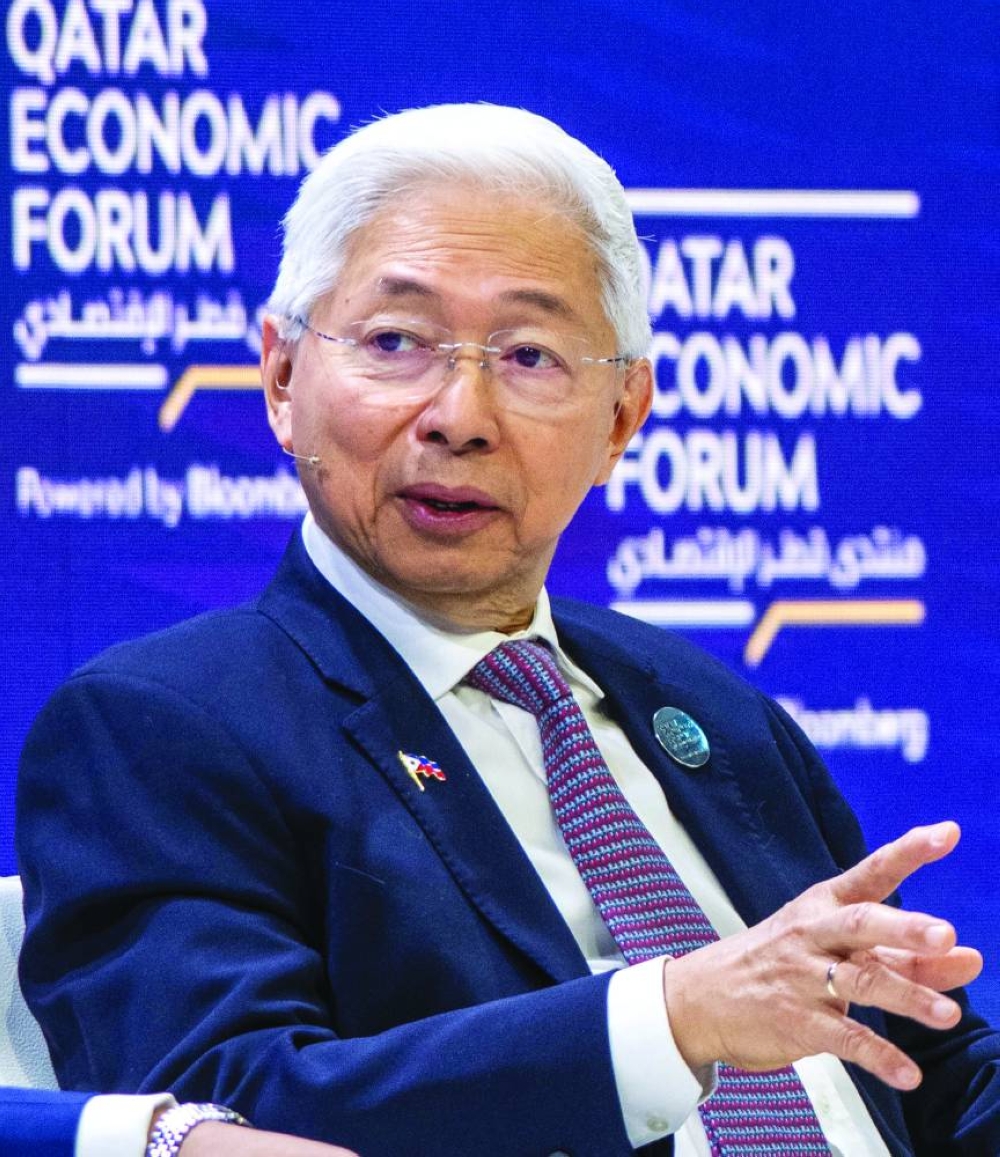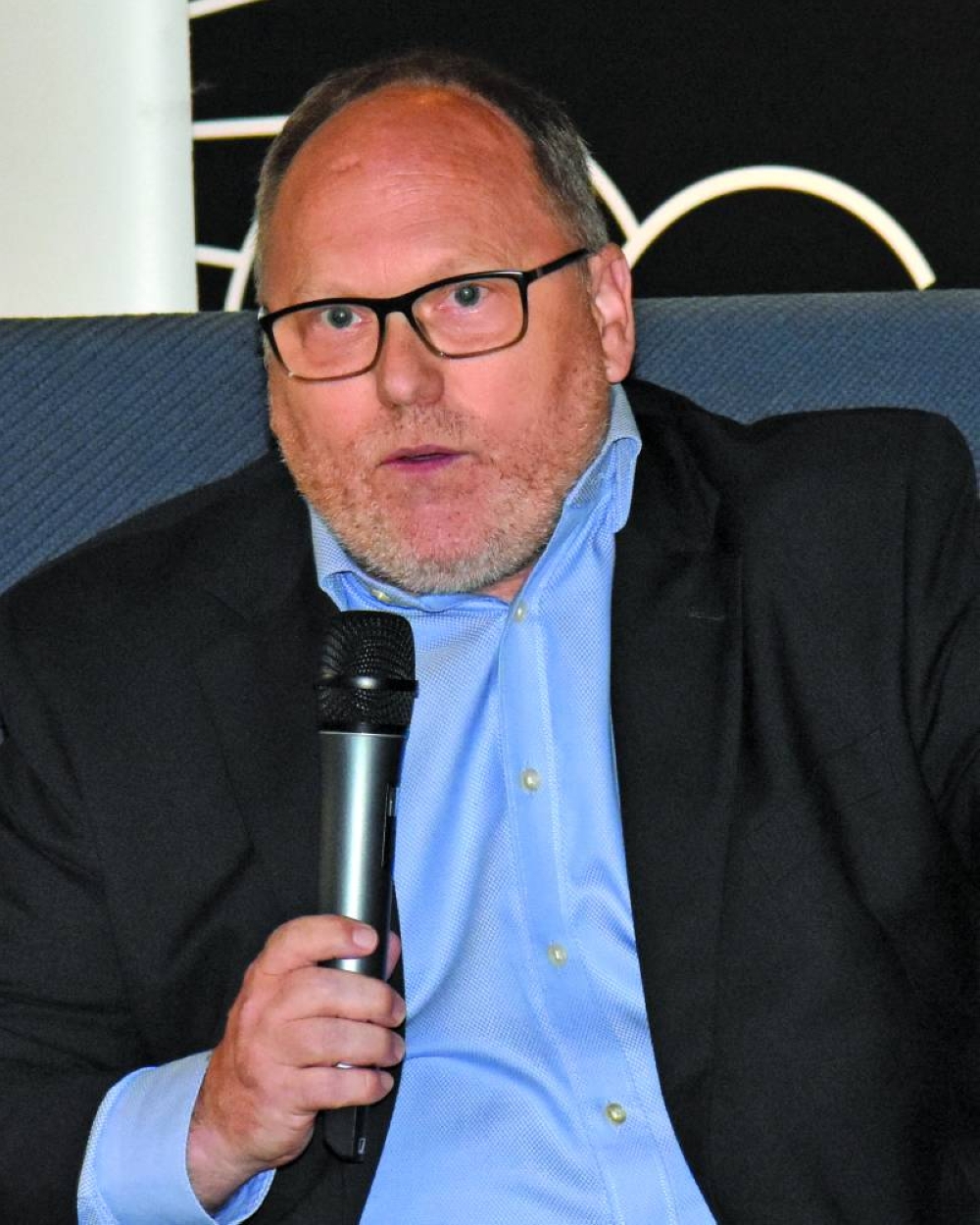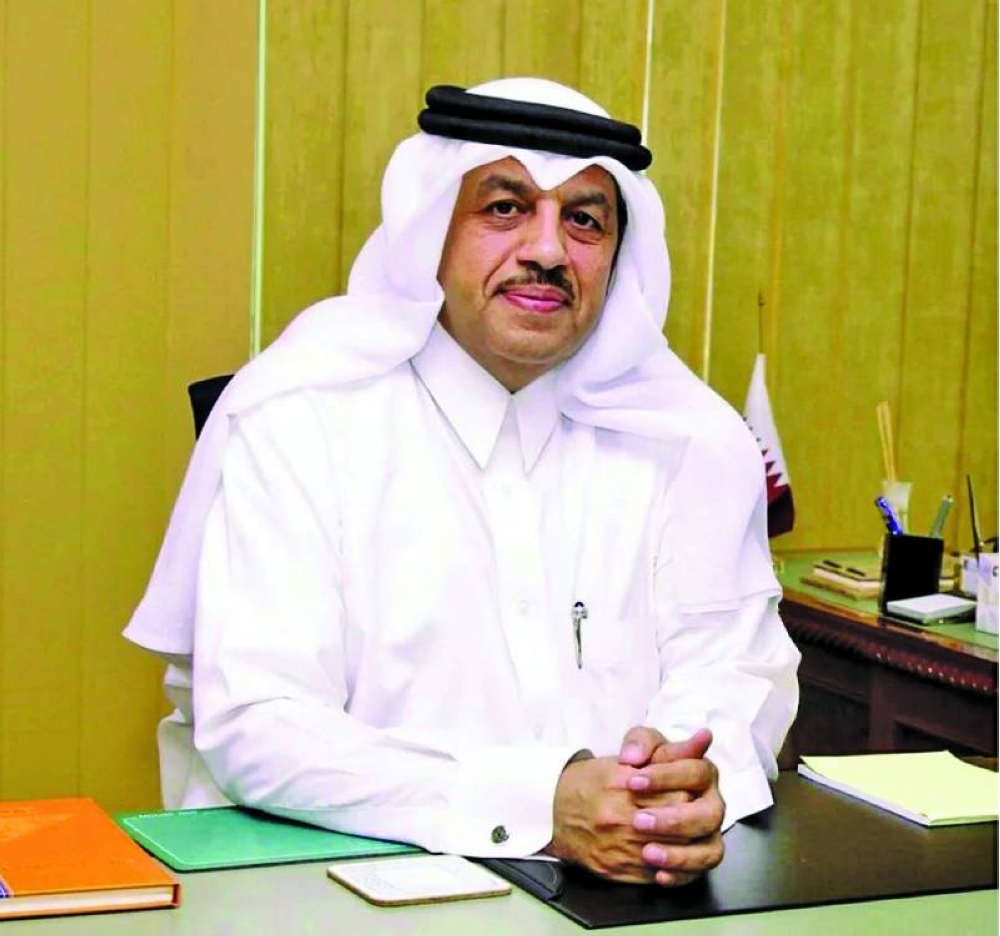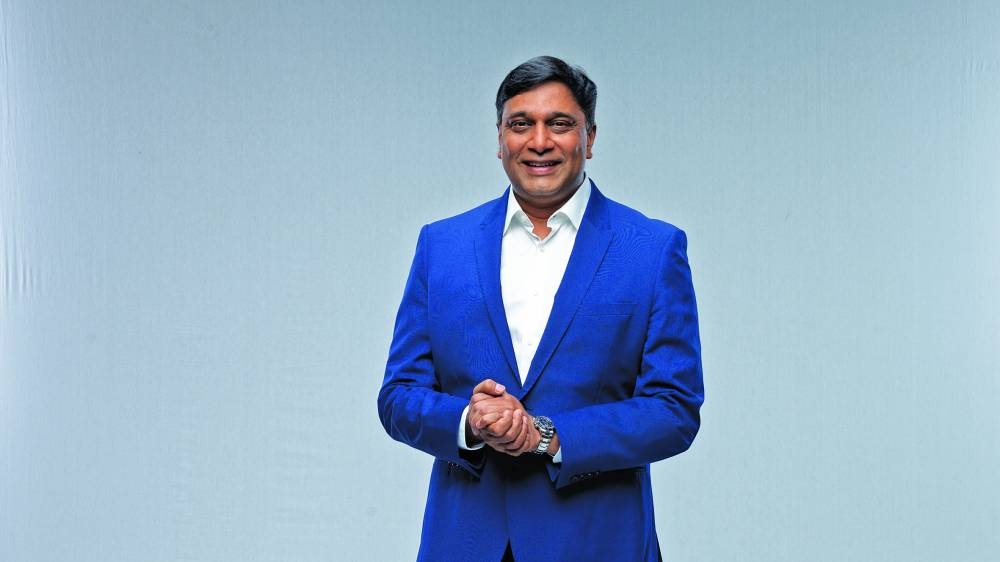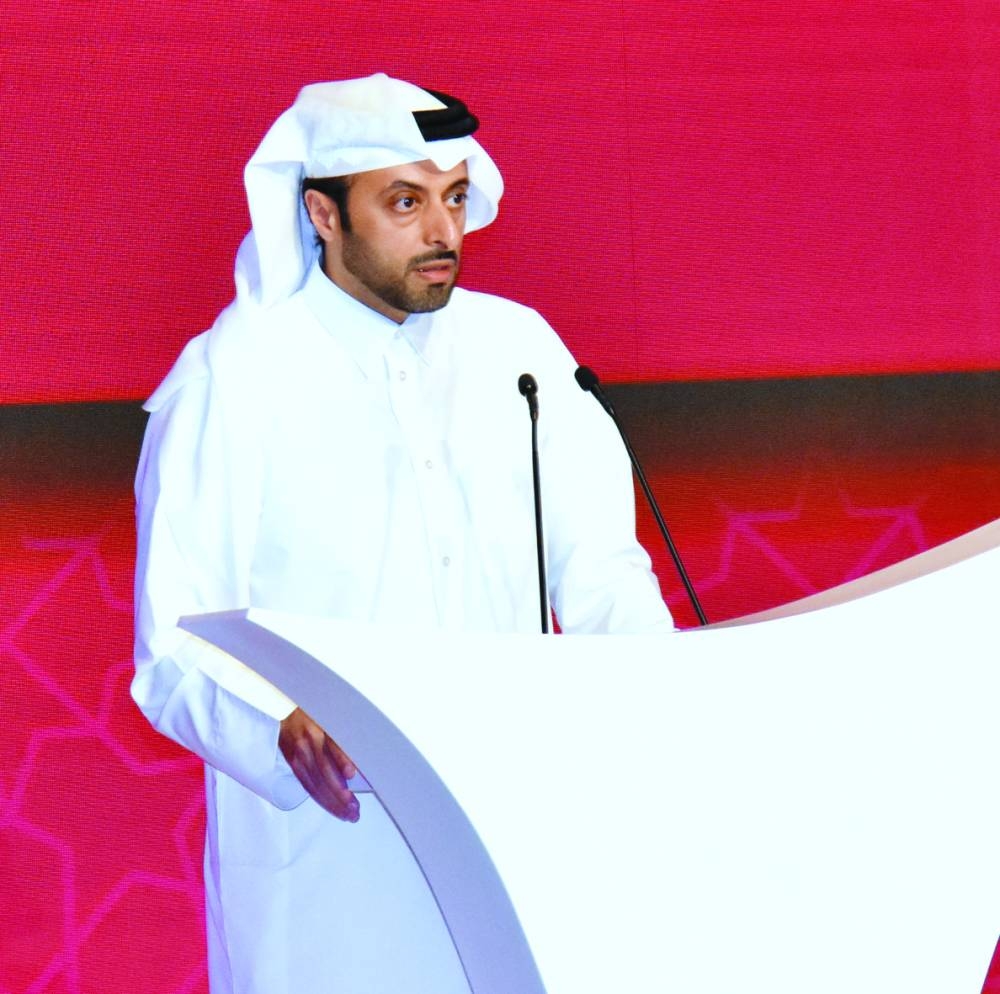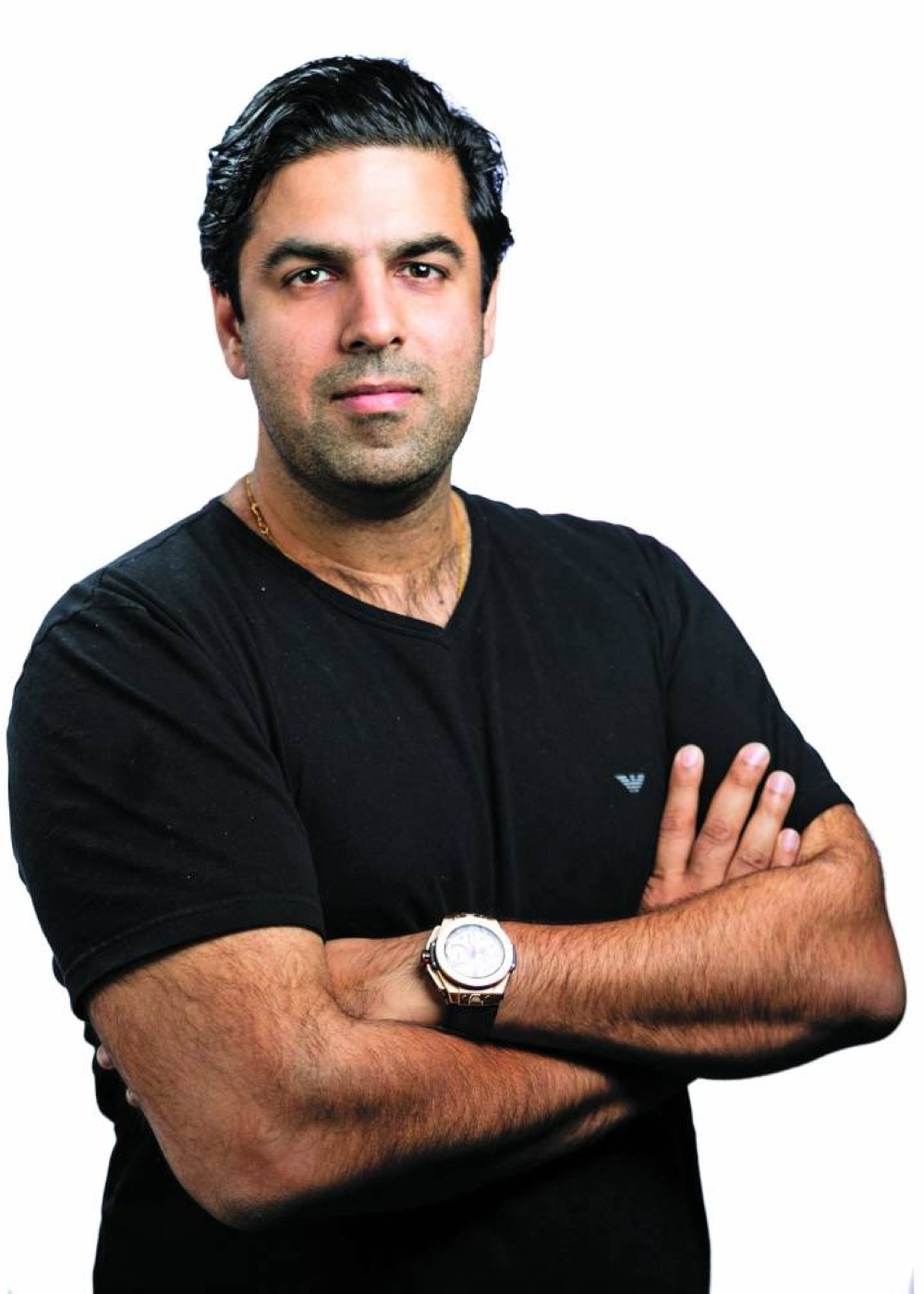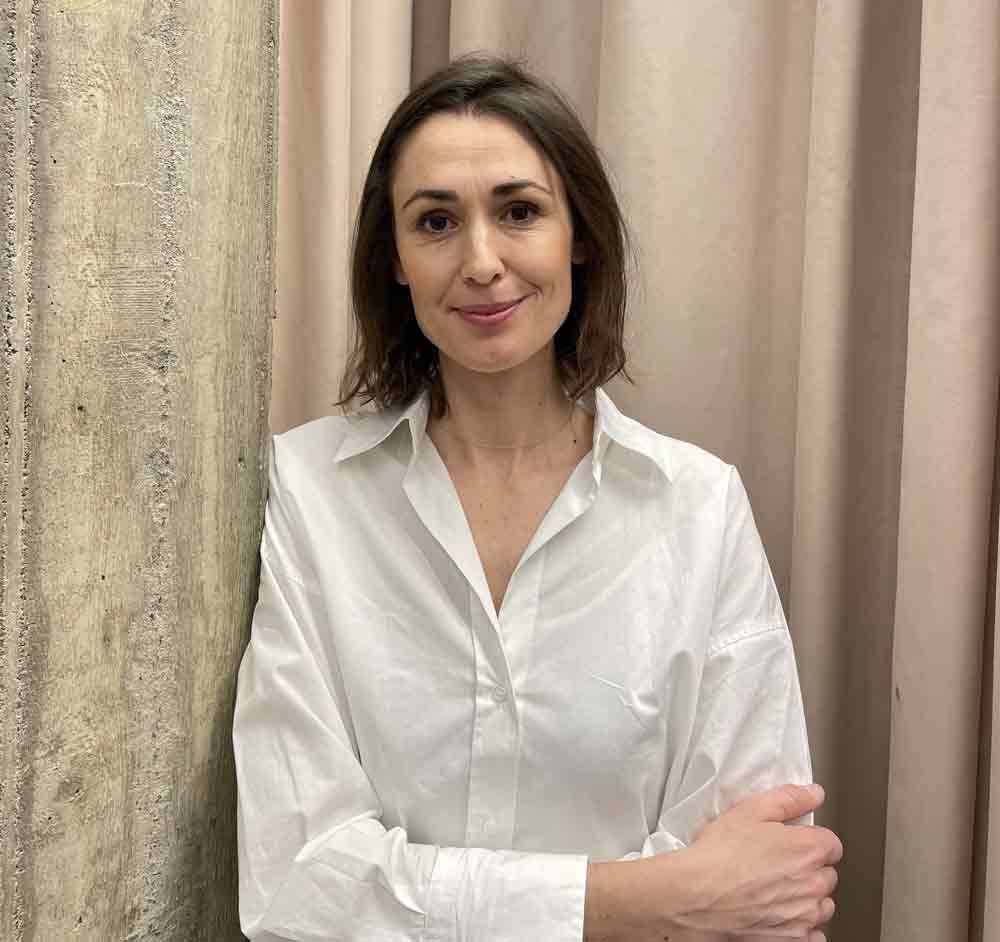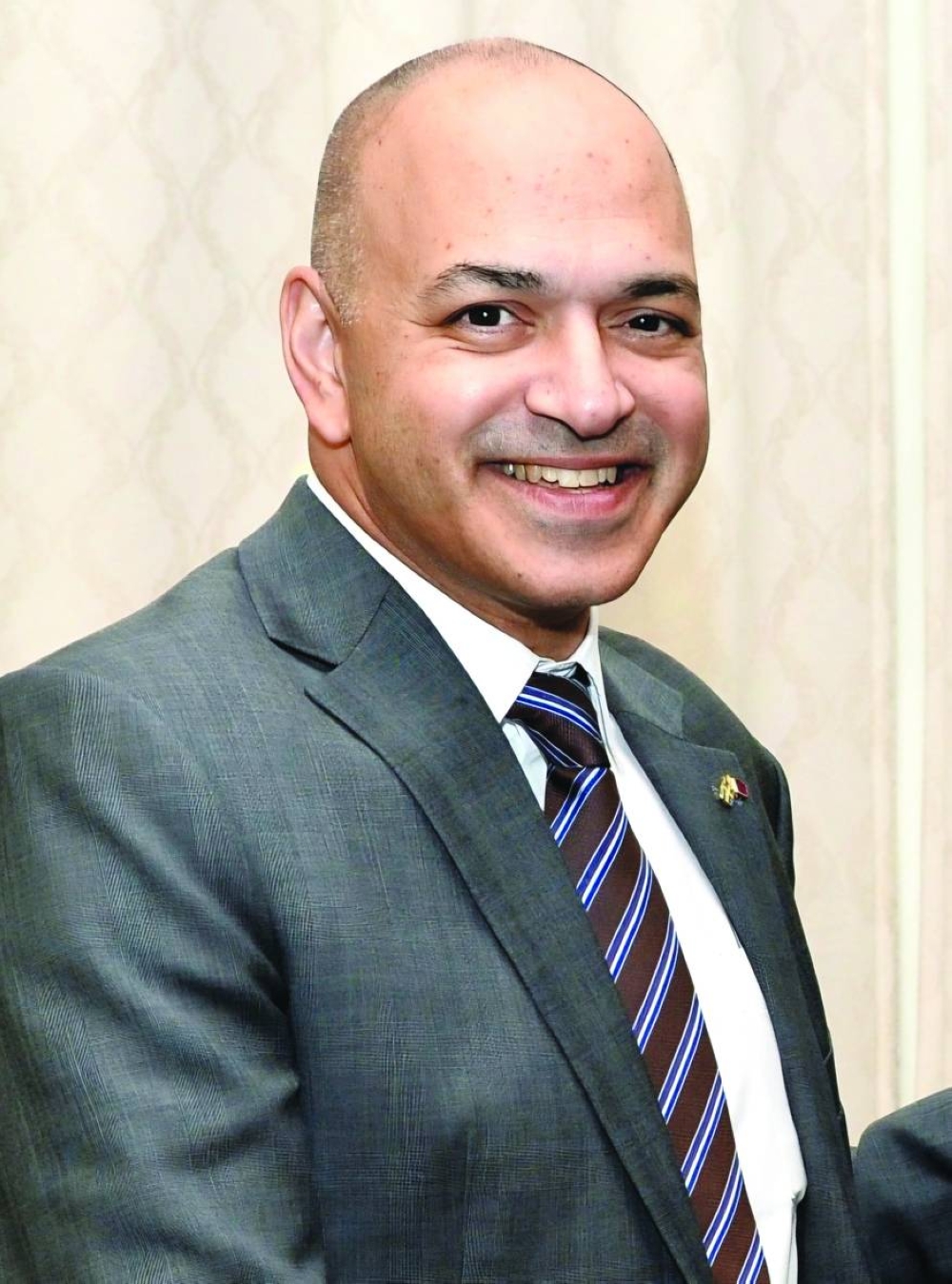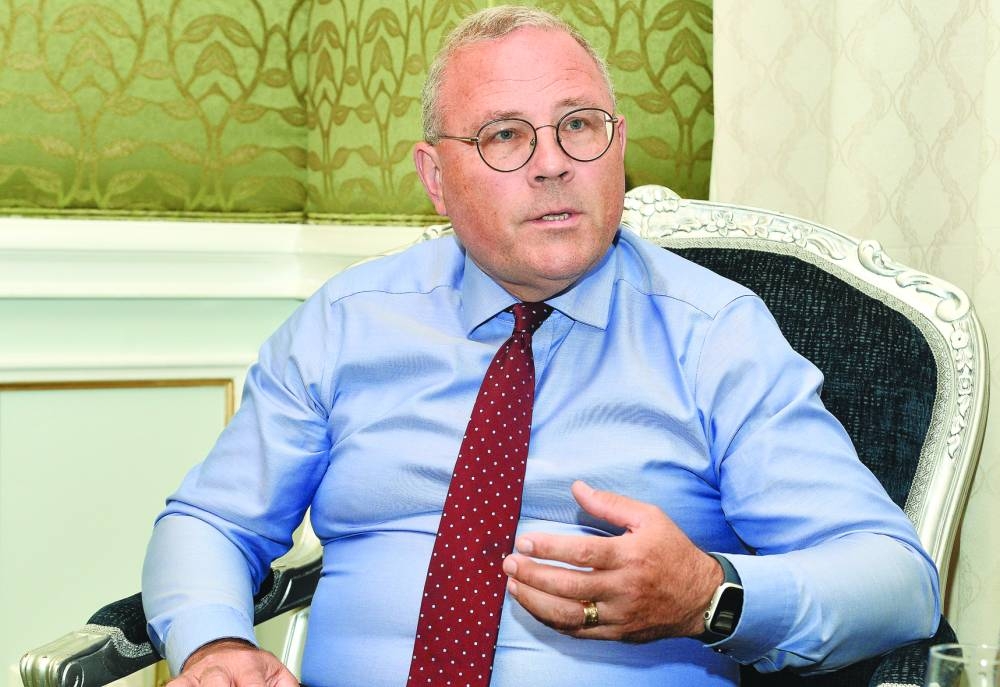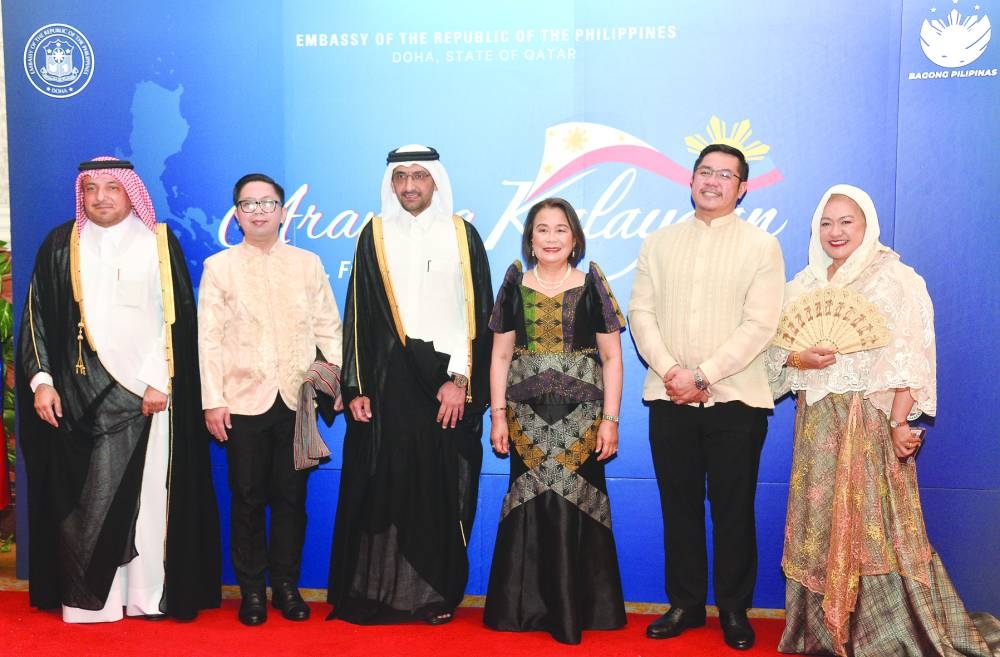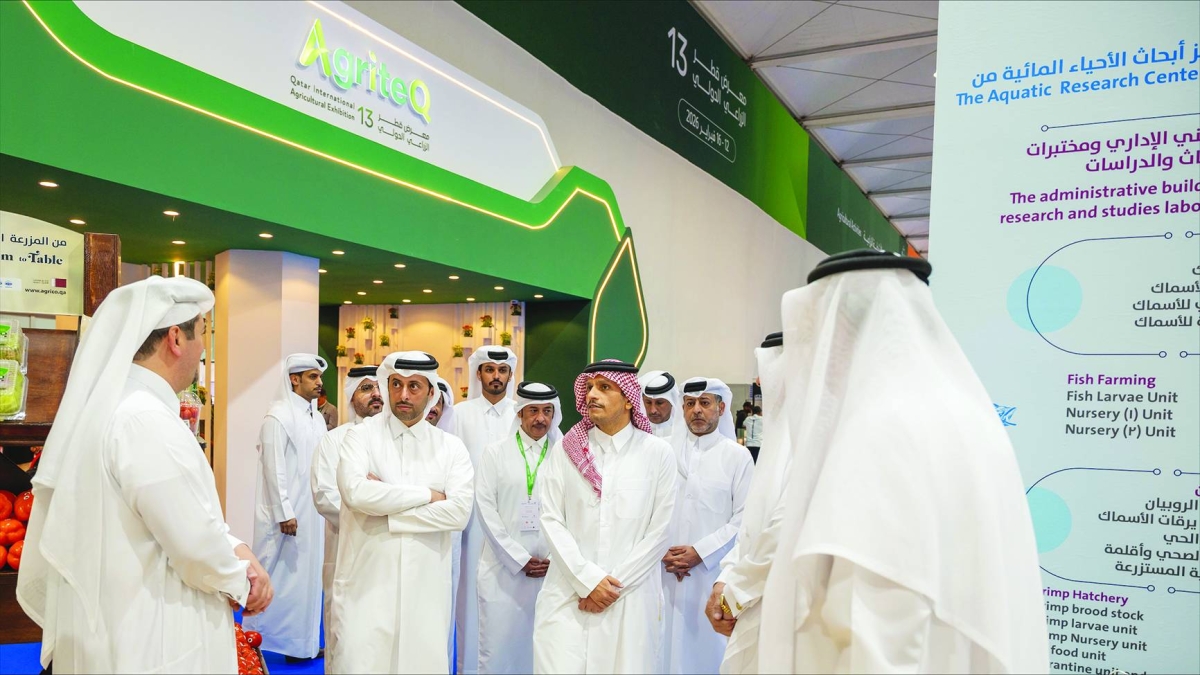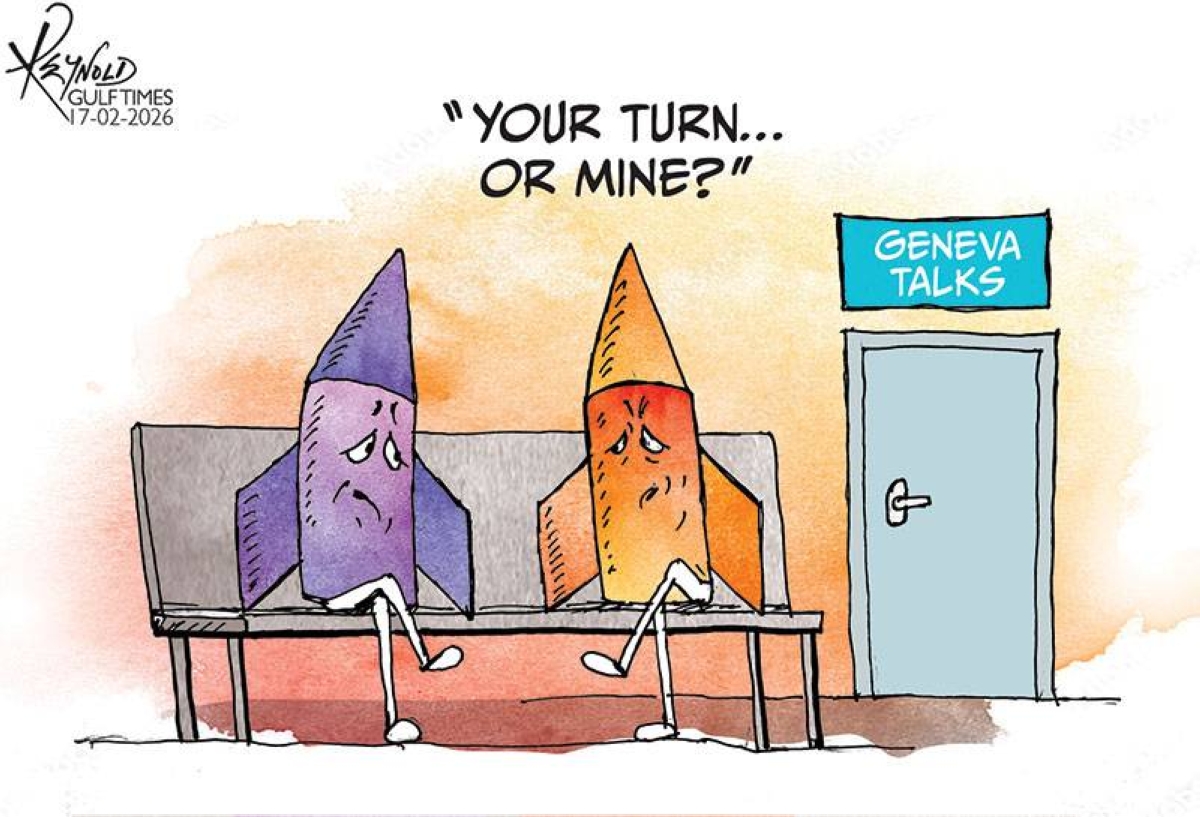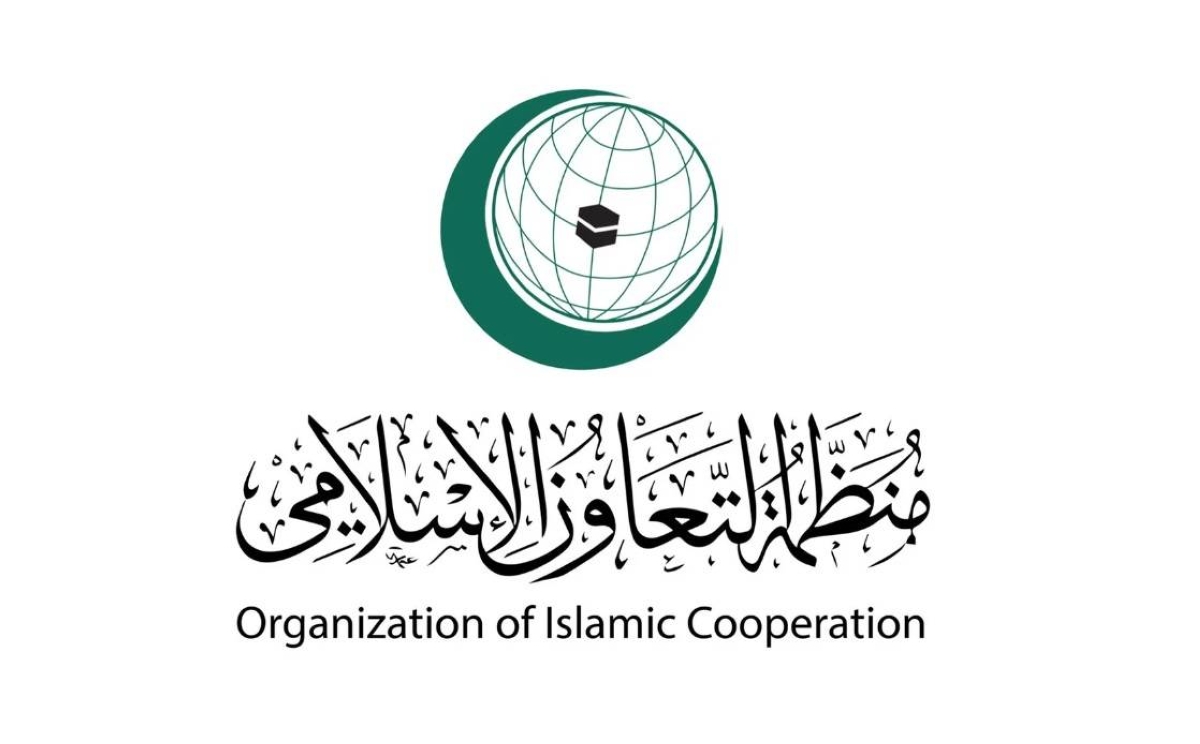An official of a next-gen app development platform has stressed the importance of supporting Gulf-based entrepreneurs and expressed optimism about the GCC region’s potential for innovation and opportunity in the future.Varghese Cherian, chief revenue officer at Builder.ai, noted that while the Gulf region has an abundance of ideas, entrepreneurs and startup founders in the GCC still require guidance to transform their concepts into successful business ventures.In October 2023, Builer.ai signed a memorandum of understanding with the Dubai Chamber of Digital Economy, whose website stated that under the MoU, “the company will support the chamber’s ‘Create Apps in Dubai’ initiative by offering free prototyping to the app developer community and co-funding the winners of the ‘App Olympics’ competition to build a new mobile application in Dubai.”“We’re trying to bring the ecosystem together and making sure that startups are enabled by positioning Builder.ai as a key player in the development of the GCC region’s entrepreneurial landscape.“We intend to bridge the gap between the idea and execution stage... if things go well in the next three or four or five years, this region is going to be moving with ideas and opportunities,” Cherian told Gulf Times.In Qatar where the company is charting an ambitious expansion strategy, Builer.ai has participated in several top-level events, such as the country’s first-ever Web Summit Qatar.It is also engaging with different public and private sector entities, including the Qatar Science and Technology Park (QSTP) to mentor future entrepreneurs, as well as collaborations with Startup Grind for knowledge exchange and the sharing of best practices and experiences with different startups and entrepreneurs in the country.“One thing that we’re very conscious about is how difficult it is to be an entrepreneur. There’s a lot of struggle that happens to get to where we are, so one of the things that we have been doing is to go and talk to people in different forums.“We engage with different folks who are probably future entrepreneurs to guide them about the best strategies to utilise at whatever stage they are in to make sure they succeed,” Cherian further explained.Earlier, Startup Grind Qatar announced that it forged a strategic partnership with Builder.ai as part of joint initiatives to drive growth in the country’s startup community by utilising innovative technology solutions.Cherian said, “We’ve started the engagement with Startup Grind in Qatar, and we’re taking it to the global stage. We went and met the global team in the US and among our discussion is that there is a particular focus on the Gulf and that there is a need to engage more in the region.”Asked about Builder.ai’s upcoming plans in Qatar, Cherian added: “I think there are a lot of opportunities. We are engaging with a lot of entities. Probably in the next 12 months, you’ll hear a lot about the initiatives that we’re trying to achieve, whether it’s in the private sector, semi-government, or the government. We’re trying to make a lot of things impactful for Qatar.”

Peter Alagos
Peter Alagos reports on Business and general news for Gulf Times. He is a Kapampangan journalist with a writing career of almost 30 years. His photographs have been published in several books, including a book on the 1991 Mt. Pinatubo eruption launched by former Philippine president Fidel V. Ramos. Peter has also taught journalism in two universities.
Most Read Stories

